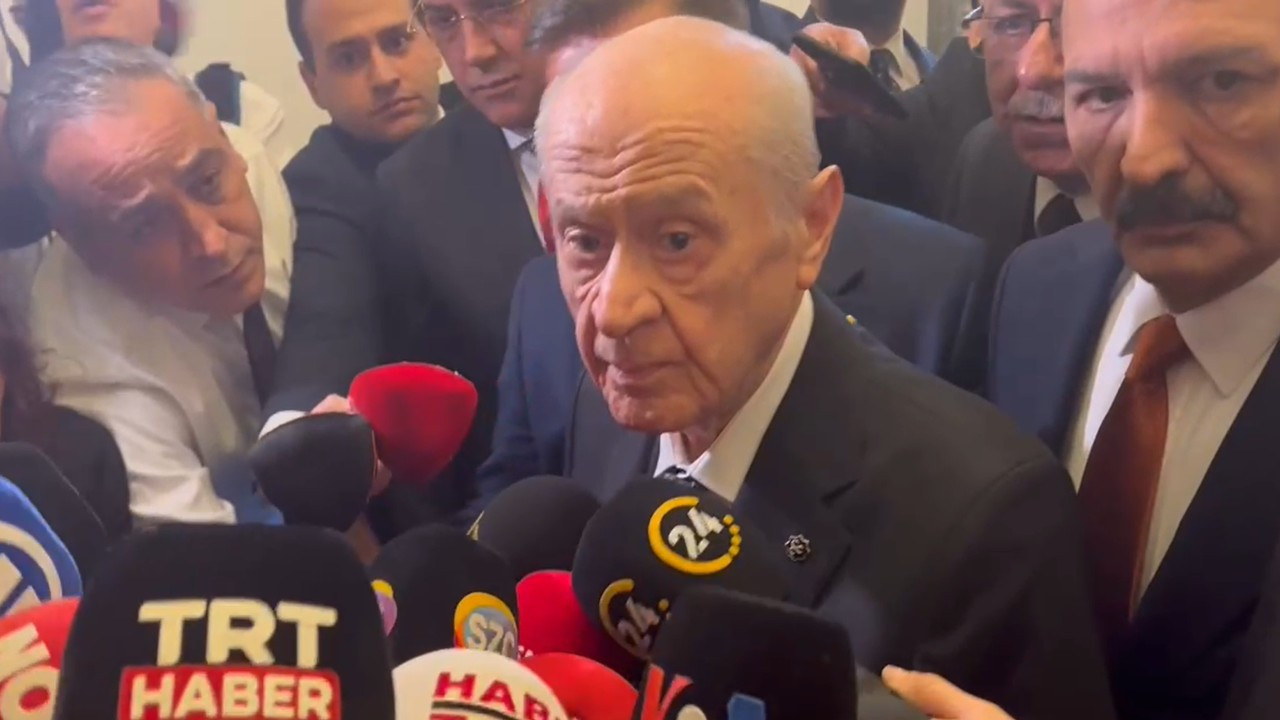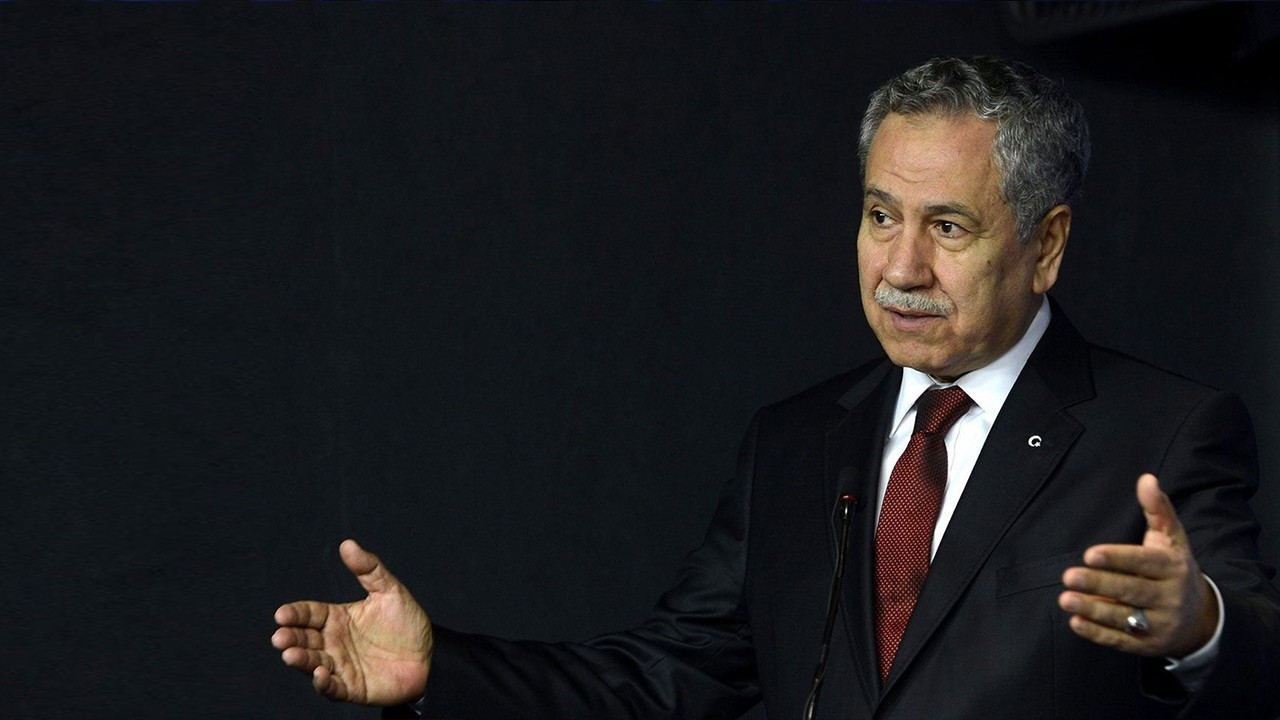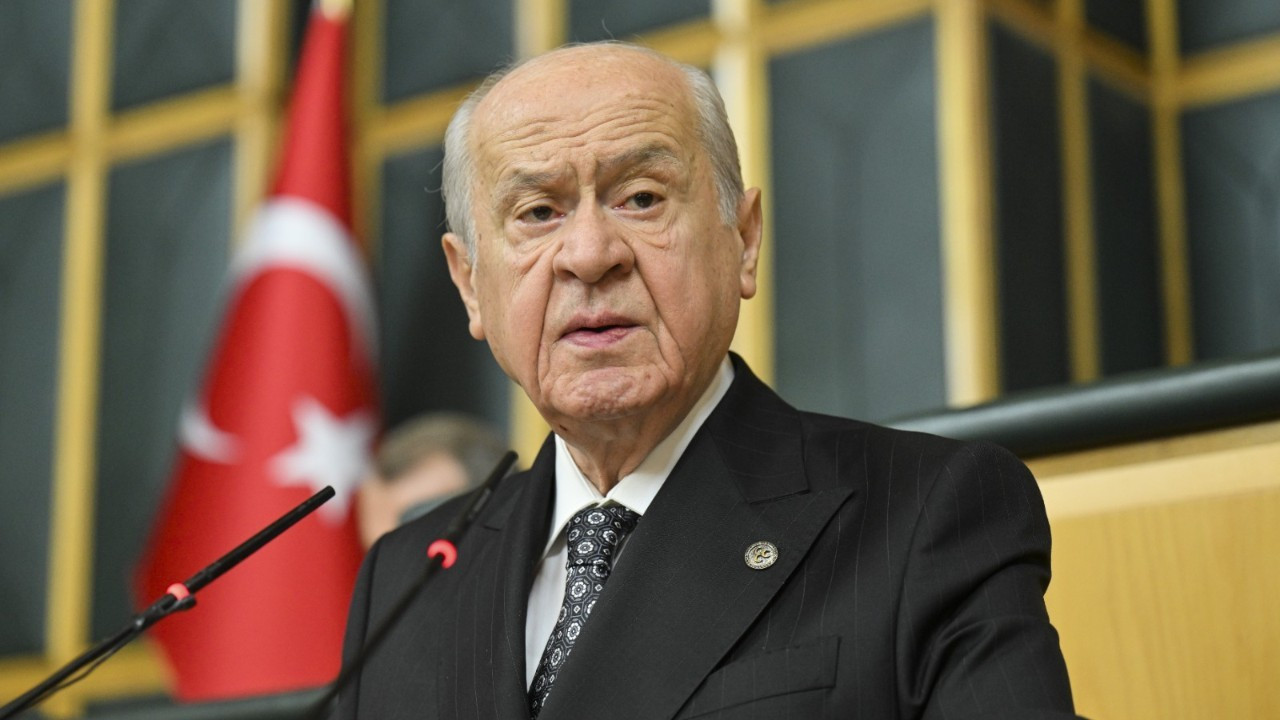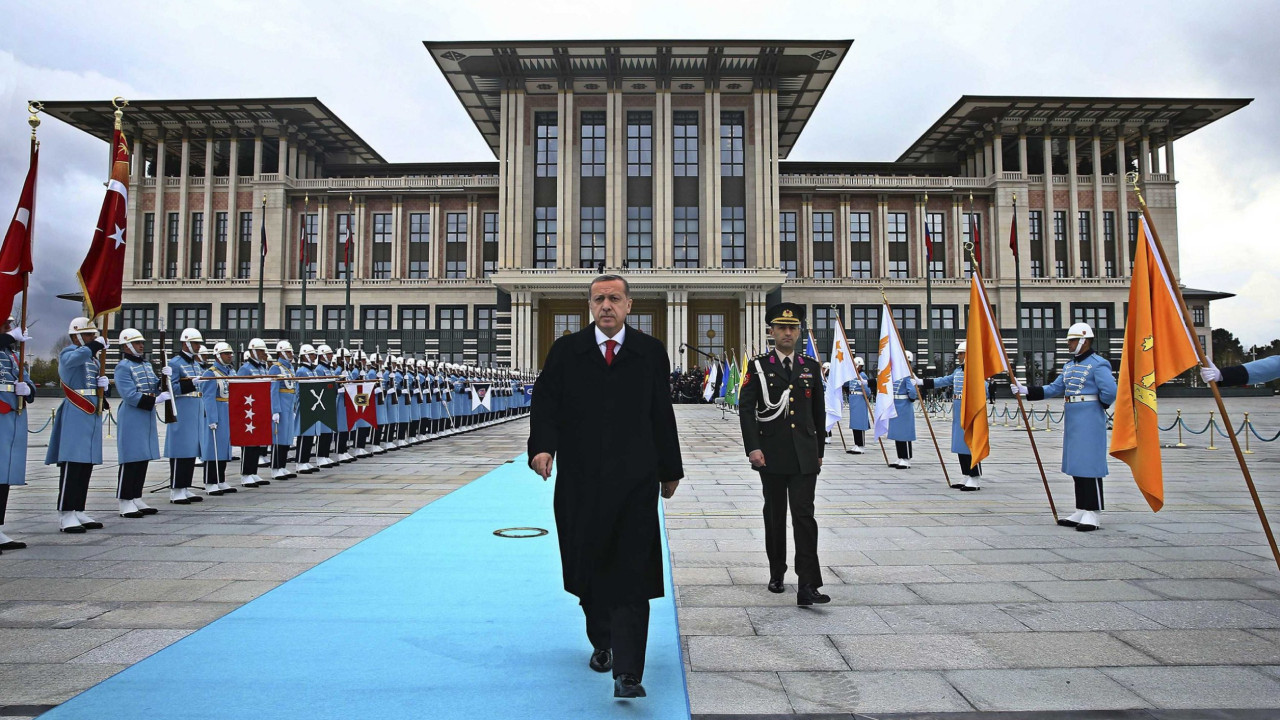Former AKP senior criticizes presidential system, says AKP depends on MHP for majority
One of the founding members of the Turkish ruling AKP, Hüseyin Çelik, has criticized the presidential system and said the AKP became dependent on the MHP because of the absolute majority rule to elect a president.
Duvar English
Hüseyin Çelik, one of the founding members of the Turkish ruling Justice and Development Party (AKP) and former minister, on Nov. 13 criticized the presidential system.
Speaking during a live Halk TV broadcast, Çelik deemed the presidential system, introduced in 2018 in Turkey, “an absurd system” which “will not fit anywhere in the world.”
“With this system, the AKP has condemned itself to 50 percent + 1 (vote) and also to the MHP. From time to time, of course, there are conflicts of opinion. They resolve disagreements in order not to break the alliance (with the MHP),” he added.
With a referendum in 2017, Turkey voted for a switch to a hyper-centralized presidential system, which was implemented in 2018.
The absolute majority requirement in the system seeks more than 50 percent of the votes to elect Turkey’s president. In the case no candidate obtains the votes necessary, the second round takes place with the top two candidates running, as it happened in the 2023 race.
Çelik also criticized the government’s trustee appointments to the opposition-run municipalities, mostly of the pro-Kurdish Peoples’ Equality and Democracy (DEM) Party.
“These wouldn’t help the AKP. These attitudes backfire. Let's look at the periods of military coups. Citizens have always voted completely against those in power. If these people were not qualified to be elected, why did you allow them? However, just because people you don't want, parties you don't approve of win, removing them from office and appointing trustees is disrespectful to the will of the voters,” he said.
A founding member of the AKP, Çelik was education minister between 2003-2009. He was a deputy until 2015.

 MHP leader Bahçeli asks journo to quit profession over question on possible rift with ErdoğanPolitics
MHP leader Bahçeli asks journo to quit profession over question on possible rift with ErdoğanPolitics Presidency and AKP leadership should be separated, former AKP official Arınç says in an interview with DuvarPolitics
Presidency and AKP leadership should be separated, former AKP official Arınç says in an interview with DuvarPolitics Bahçeli defends absolute majority requirement upon Erdoğan's call to abandon itPolitics
Bahçeli defends absolute majority requirement upon Erdoğan's call to abandon itPolitics Summary of Turkey’s hyper-presidential regime: Skyrocketing inflation, increasing human rights violationsPolitics
Summary of Turkey’s hyper-presidential regime: Skyrocketing inflation, increasing human rights violationsPolitics